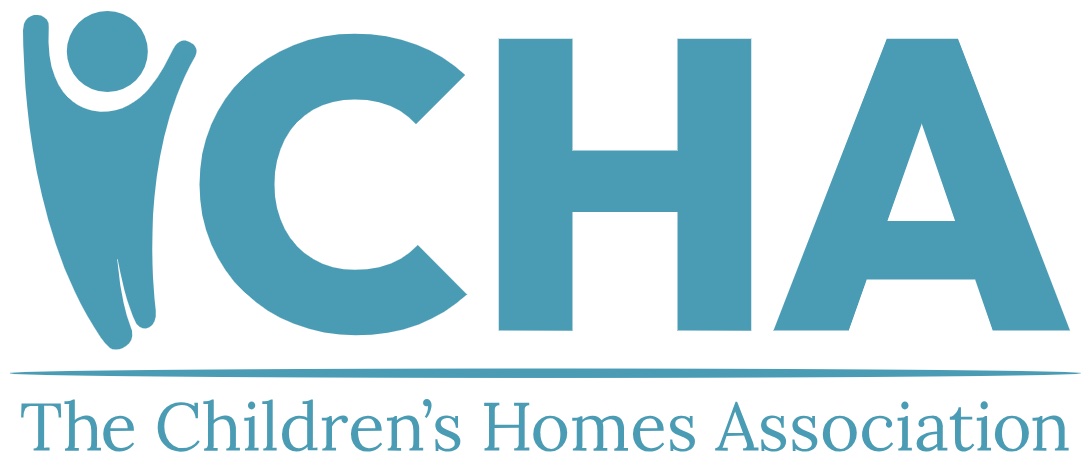CHA Response to LGA Report: ‘Profit making and Risk in Independent Children’s Social Care Placement Providers’
As the membership body for children’s homes in England and Wales, CHA welcomes the LGA report and the insight into the finances of a small sample of children’s residential care providers. The report provides valuable intelligence to assess the sector we represent.
CHA believes in and are committed to a mixed economy of children’s residential care. The independent sector has highly specialised providers and practitioners who transform the lives of our most vulnerable children and young people. We also recognise any independent organisation must make a surplus from trading activities, whether they are a for profit organisation or voluntary sector. The heart of the debate is what happens to surpluses.
We do share concerns about the findings from the assessment of large Private Equity providers, particularly the levels of debt being carried. However, this is not reflective of the sector as a whole. The majority of our members are micro or small providers that achieve small margins to ensure the viability of their organisations, and critically are not carrying significant levels of debt. We also challenge the overall presentation of the costs and profit elements of the report.
The cost of providing residential care has significantly increased in the period analysed for a variety of reasons. The report is based on total spend with independent providers of residential care by local authorities. Just using this figure is misleading as it fails to account for the reality that the total number of children in care has increased by 16.7%, with a significant increase in children placed in residential care. The additional residential placements have mainly been developed by the independent sector, so the increase in total spend is to be expected.
It is more accurate to assess the increase in individual placement costs over the period. For the period used in the report using the most accurate cost data from the Personal Social Service Research Unit (PSSRU)[1], who produce the unit costs for ALL providers rather than a small sample, the costs increased by:
- 47% for local authority provided residential care (£3435 per week to £5059)
- 49% for independent providers of residential care (£2789 per week to £4153)
As can be seen, the increase in weekly cost is nearly the same. These representative costs of the whole sector also demonstrate that the independent sector consistently provides residential care at a significantly lower cost than local authorities. This combined with the independent sector caring for a higher need cohort of children and young people, demonstrates value for money on public spending.
Whilst the report has methodological weaknesses on the overall presentation of cost increases, we are extremely concerned about the level of debt being carried by large providers and local authorities. The CHA supports increased market oversight to ensure there is early warning of a provider may be at risk of failure and are actively working with government on how this can be achieved.
CHA will be publishing our vision for the future of children’s residential care in the coming months. This will include an assessment of the financial aspects of the sector, as well as the social value our members create in transforming the lives of our most in need children and young people.
Ends
For more information please contact:
Dr Mark Kerr (Deputy CEO) – mark.kerr@the-cha.org.uk (07539 411 591)
About The Children’s Homes Association
The Children’s Homes Association www.the-cha.org.uk is the voice of providers of residential child care services and resources across England and Wales. We are a Not-for-Profit Limited Company. The Children’s Homes Association represents both large and small providers with membership drawn from the public, private and voluntary sectors. Some members have just one home whilst others have many homes across a wide geographic area.
What we do
We provide knowledge, expert guidance, resources and day-to-day support to our members as we work together to deliver exemplary residential childcare.
We work directly with local and national government, regulators and allied public services, consulting on policy and changes within the sector. We ensure that the voices of our members are heard, through consultations, government responses and liaison with the media.
We actively develop partnerships, collaborations and professional communities to share best practice – for the benefit of our members, the sector and all those cared for within it. Our leadership and associates bring together vast expertise across the many aspects of providing and managing residential childcare, with a fearlessly child-centred approach.
Our Vision
Exemplary residential childcare.
Our Mission
Drive excellence in residential childcare through innovation, collaboration and sector leadership.
[1] https://www.pssru.ac.uk/project-pages/unit-costs/
